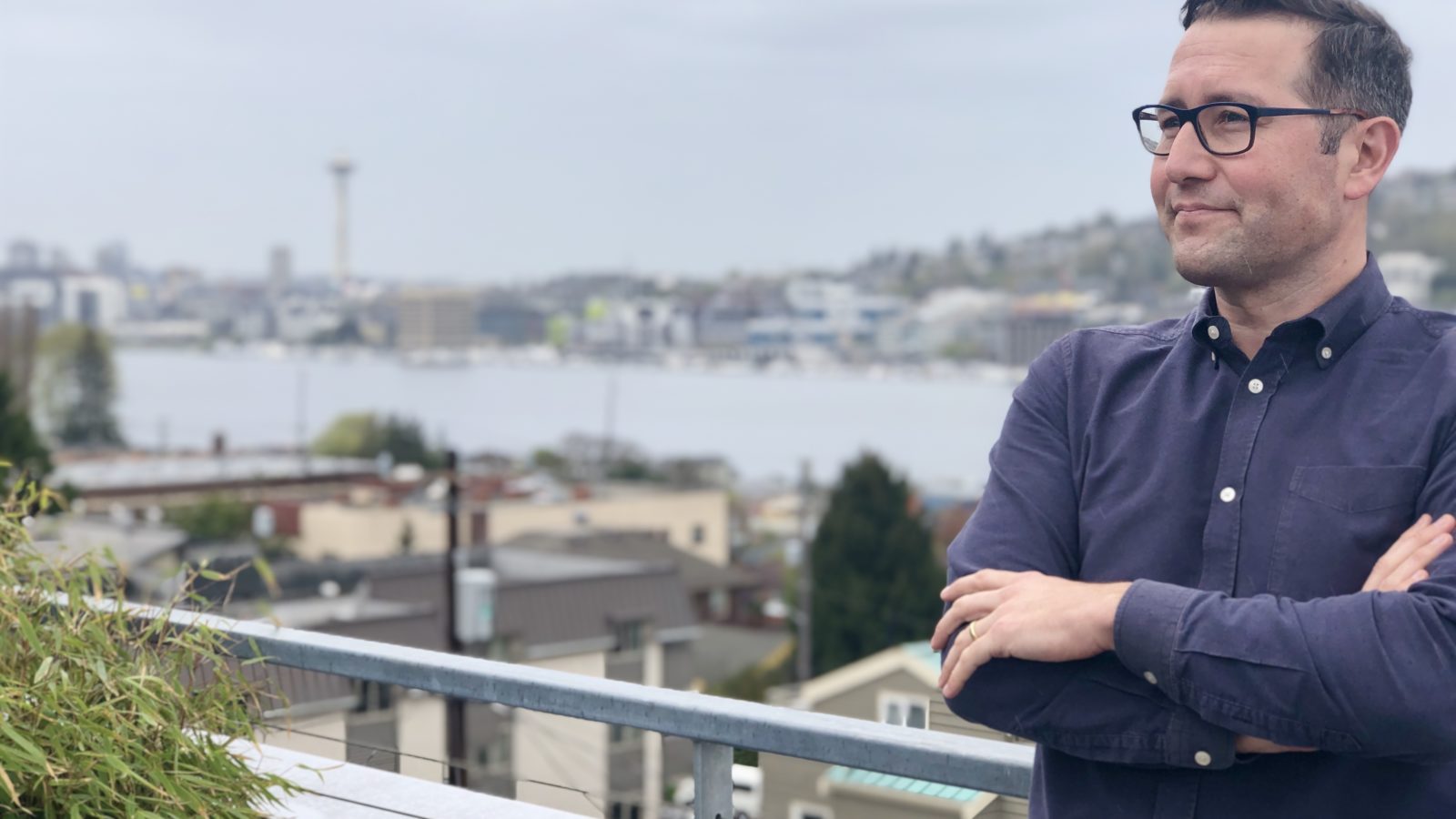If you were asked to name the most dreaded living creature, chances are that your answer won’t be “a mosquito”. And yet, in 2017 alone, malaria claimed 435,000 lives and caused 219 million cases, according to the WHO. The organisation also says that India has the fourth highest malaria burden in the world, with 1.25 billion people at risk. The danger is real and Malaria No More (MNM), founded with the vision of “a world where no one dies from a mosquito bite” in 2006 in the US, “has been mobilising the political commitment, funding and innovation that has contributed to the world turning the tide against malaria”.
Since 2016, MNM has been supporting India’s drive to eliminate malaria by 2030. “Right now we’re focused on engaging India’s most entrepreneurial leaders, businesses and media companies to roll up their sleeves and help end mosquito-borne diseases in India,” says Martin Edlund, MNM founding member and CEO.
“For example, we just announced a new partnership with Times Bridge, the global investments and partnerships arm of the Times Group of India. Times Bridge will bring its expertise in producing and distributing regionally adapted multi-media content, building coalitions of influencers (from entertainment, business and sport), and supporting policy advocacy to support India’s drive to be malaria-free by 2030.This partnership is a critical part of Malaria No More’s efforts to promote innovation, elevate the profile of malaria, and engage the public to help India eliminate this disease.”
MNM is working with India’s central government to develop the first national mosquito-borne disease education campaign, focusing not only on malaria but dengue and chikungunya. “The good news,” shares Edlund, “is that India is making tremendous progress in its fight against malaria. In 2015, Prime Minister Modi announced a commitment to eliminate malaria by 2030 along with 17 other leaders in Asia Pacific. And last November, the world toasted India when the WHO announced a 24 per cent decline in malaria cases, the biggest decline among high-burden countries.”
From a journalist to a change-maker, Edlund says he is driven by the need for “stimulation of being exposed to new ideas and disciplines”. He adds: “I saw journalism as ‘an all-access pass’ to meet and talk to the most interesting people on the planet. As strange as it sounds, I get even more of that in my work with Malaria No More. I get to work with people pioneering innovations in areas like big data, mapping, genetic engineering/CRISPR, media, mobile and tech.”
Most people don’t realise that malaria was actually “discovered” in India in 1897, Edlund says. “We’re convinced that the solutions to ending malaria will be found in India as well. History shows that India has always been the proving ground for humanity’s ambition to end diseases—the place where our ingenuity and resolve are tested. It was true for smallpox, then for polio, and now, we hope, for malaria.”
The first thing MNM did when it began working in India in 2016 was gather a group of “gurus” to help shape its thinking and strategy—people like former US Ambassador to India, Rich Verma, Star India Chairman Uday Shankar, and former National Vector Borne Disease Control Director Dr PL Joshi. “Their advice was ‘don’t try to boil the Indian Ocean’ by doing everything at once. Instead, break the problem down into smaller, solvable parts. That’s what led us to work with Odisha, India’s highest malaria burden state,” he adds.
Today, as he travels the world tackling a problem like malaria, Edlund feels “really, really fortunate to wake up each day to do this”— work hand-in-hand with political leaders, entrepreneurs, and change-makers. Excerpts from an interview:
Thrive Global India: What is the role of disruption in life?
Martin Edlund: I recently heard former Infosys CEO Vishal Sikka give a talk in San Jose, California, on the topic of darshan, the Sanskrit word for “seeing the divine.” His basic point was that entrepreneurship–the root of creating anything new–requires seeing something that is not there and having the conviction to bring it into being. That’s a powerful idea of positive disruption, and it has certainly been true in my experience.
There was a lot of darshan when we started Malaria No More. Back then, 1.2 million kids and pregnant women were dying from mosquito bites every year. I used to introduce Malaria No More in a country like Nigeria and people would actually laugh, saying, “You really think we can end malaria?” Today, after seven million lives saved and more than 1.2 billion cases prevented, nobody is laughing and the world has embraced the goal of ending malaria in our lifetimes.
Instead of asking, “What can we do to advance the cause?” You’re forced to ask, “What must we do to achieve the outcome?” It’s a revolution in your mindset. In my experience, when you set out to do the “seemingly impossible,” you actually achieve it far more often than you’d think.
TGI: How can we, at the individual level, be part of a larger movement such as eradicating malaria?
ME: I like to remind people of the African proverb: “If you ever think you’re too small to make a difference, you haven’t spent a night with a mosquito.” Ultimately, it’s individuals who will end this disease—in India, and around the world.
In India, individuals can tell their friends and family to get tested when they have a fever, reduce areas with standing water (breeding grounds for mosquitos), sleep under bed nets and encourage family and friends to do likewise, and hold officials accountable to their commitments against malaria.
Even if you don’t live in an area with malaria, you can raise your voice to help spread the word. April 25 is World Malaria Day, and this year’s theme is ‘Zero Malaria Starts with Me’. Those active on social media can join the conversation at #endmalaria.
TGI: If you had to share your most relevant life hacks with millennials, what would they be?
ME: I do have a “career hack” to offer. I love the idea from the book The Lean Startup (by Eric Reis) of the “minimum viable product” or MVP. In software development, it advises that you shouldn’t build out an elaborate product with all sorts of bells-and-whistles before you put it out to see how the market responds. I think the idea is even more potent for thinking about our careers.
Most young people today are training for careers they’ve never heard of, or jobs that don’t yet exist. Facing such a rapidly changing marketplace, I encourage people to “be an MVP” (a minimum viable product). In other words, don’t be too prescriptive or spend too much time getting advanced training and degrees before you get some experience under your belt. Instead, embrace an approach of life-long learning and iteration, where you constantly acquire skills and experiences as you go to prepare you for what’s next.
I like to tell people that I still don’t know what I want to be when I grow up. And it’s true! I think if you can spend an entire career inspired and challenged by your work, that’s far more important than where you end up. I hope I retire still “not knowing what I want to be when I grow up.”
TGI: Your wellness secrets?
ME: I’m a meditator and I find that practice really important for helping me deal with the inevitable stresses that come with running a global organisation, being a supportive husband, and a father to two amazing young girls.
Meditation also helps me step back from the day-to-day swirl of events to make sure I’m seeing and seizing the right opportunities to make an impact.
I also draw a lot of inspiration from having dynamic friends working in diverse areas like music, tech, theatre, journalism, and design. Spending time with them always helps me to look at my own work “with fresh eyes”.
TGI: How do you thrive?
ME: I “thrive” when I know I’m using my time, energy, and talents to do the most good I can in the world. There are lots of meaningful and useful ways to work to better the world, but I’ve always been compelled by a pretty basic definition: how can I contribute to saving lives and preventing suffering so people can realise their own dreams? It’s completely unacceptable in this day and age that billions of people around the world are living one mosquito-bite away from death.
I like to talk about our mission to end malaria in terms of “scope” and “hope.” Malaria is not only a top killer of kids and pregnant women, but also a leading cause of school and work absenteeism, costing the world trillions of dollars in lost productivity. So the scope of the challenge is huge. Yet, it’s also achievable. There’s real hope (and a plan) to end it in our lifetimes.


